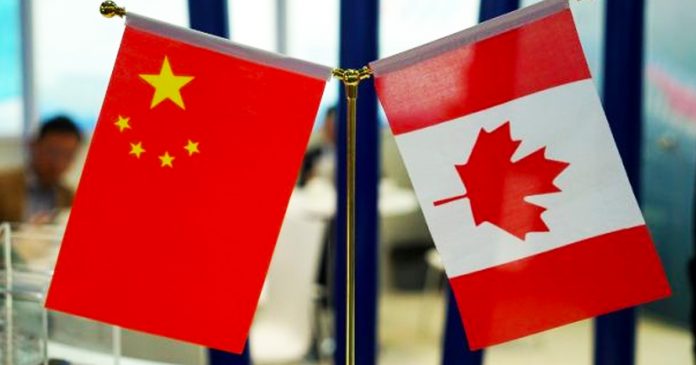A British Columbia school district has quietly changed the rules for those wishing to attend their public board meetings in person and will now require people to submit photo ID and other personally identifiable information.
The move comes after weeks of delegations by parents concerned with the Chilliwack School District (SD33) for allegedly making sexually explicit material available for children.
As reported by Fraser Valley Today on Wednesday, the school district confirmed that anyone wishing to attend a meeting in person will have to submit a valid photo ID, a phone number and fill out a form.
SD33 Superintendent Rohan Arul-pragasam claimed that the requirement aligns with school board policies on publicly recorded meetings.
“There shall be no recording of tablet screens or digital resources used at the Board of Education table, excluding public presentation materials,” cited Policy 170 states.
“While it is the Board’s intent to live stream and make available recorded Regular Public Board meeting proceedings, the Board, at its discretion, may discontinue the recording of a meeting at any time at the discretion of the Board Chair, if recording is creating any impediment to conducting the meeting in an efficient or orderly fashion.”
At the same time, Chilliwack City Council, Cultus Lake Park Board and the Fraser Valley Regional District don’t have any such requirements for anyone attending a board meeting in person.
This comes after several heated meetings at the board in which parents and other community members attended to raise concerns about allegedly sexually-explicit materials made available to students at schools in the district.
Former board trustee Dr. Darrell Furgason claimed that the school had broken the law by allowing such materials and was shut down by board chair Willow Reichelt, claiming that such allegations were defamatory.
“What legal grounds does SD33 stand on in regards to books with explicit sexual material?” asked Furgason.
“I’ve turned off your mic, just so you know. Have a seat Dr. Ferguson,” Reichelt eventually interjected.
A recent RCMP investigation prompted by a complaint from a parent about books that allegedly contained child pornography led to the police declaring that the material did not break the law.



























